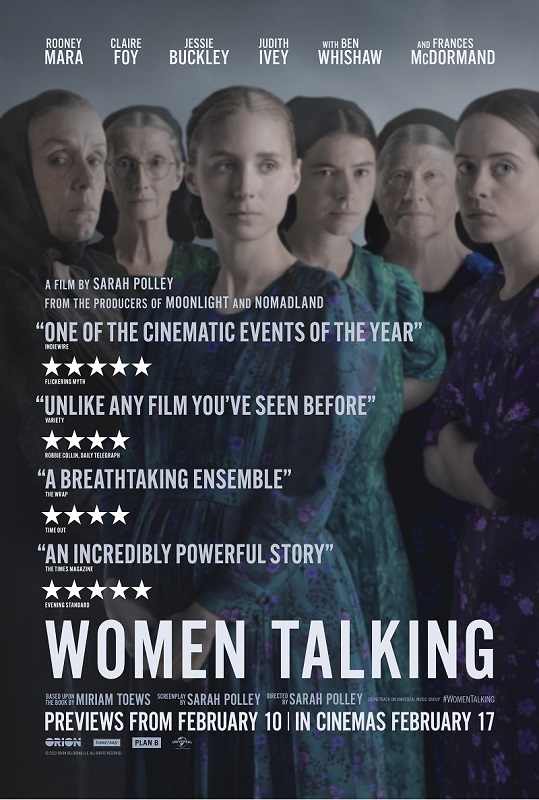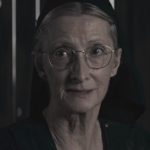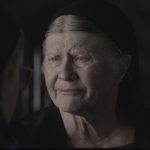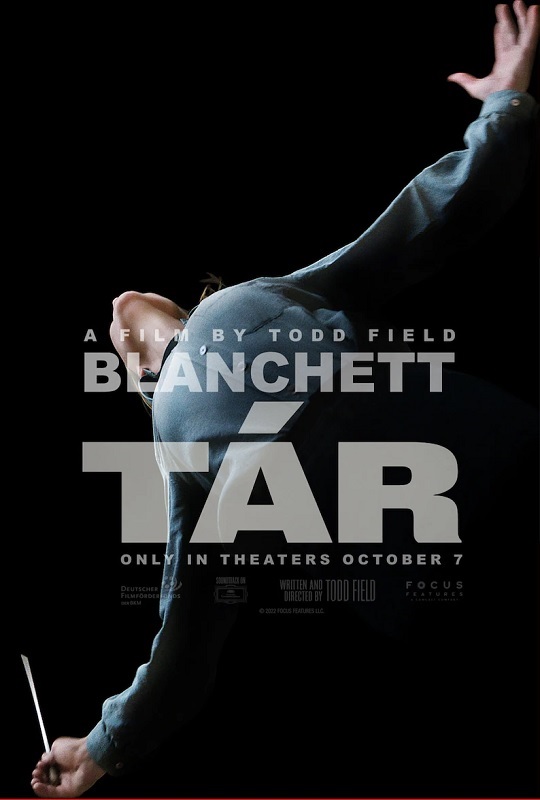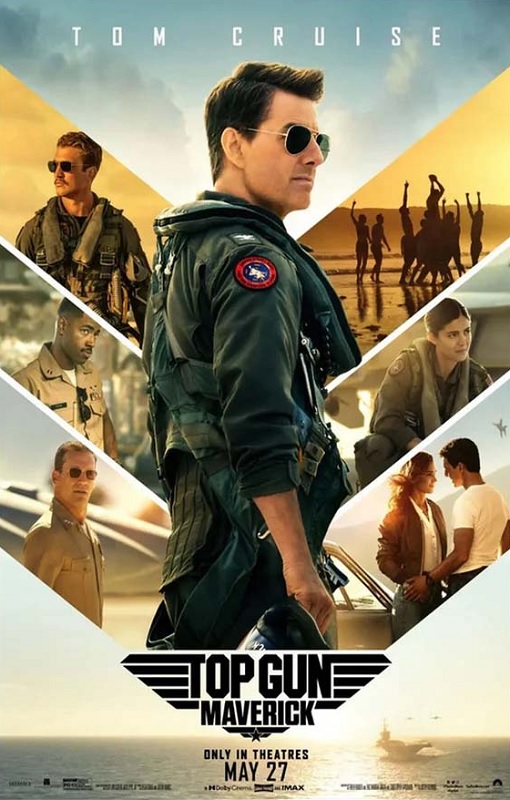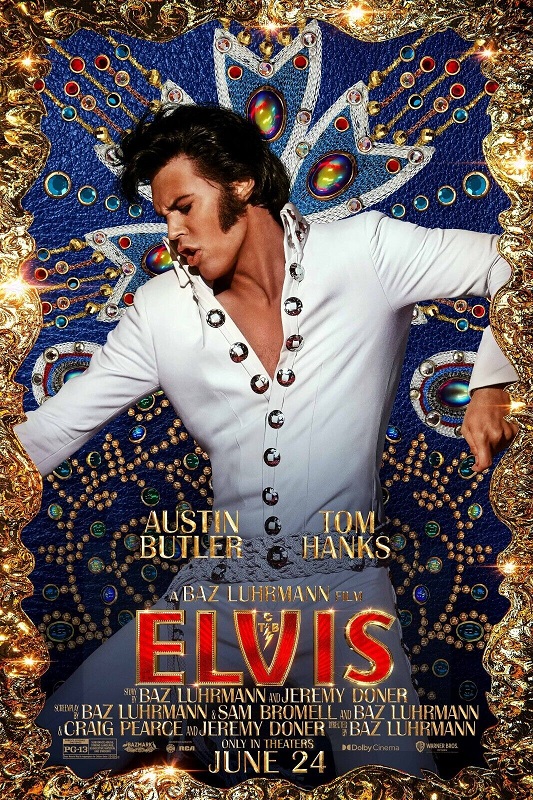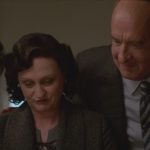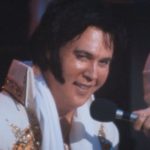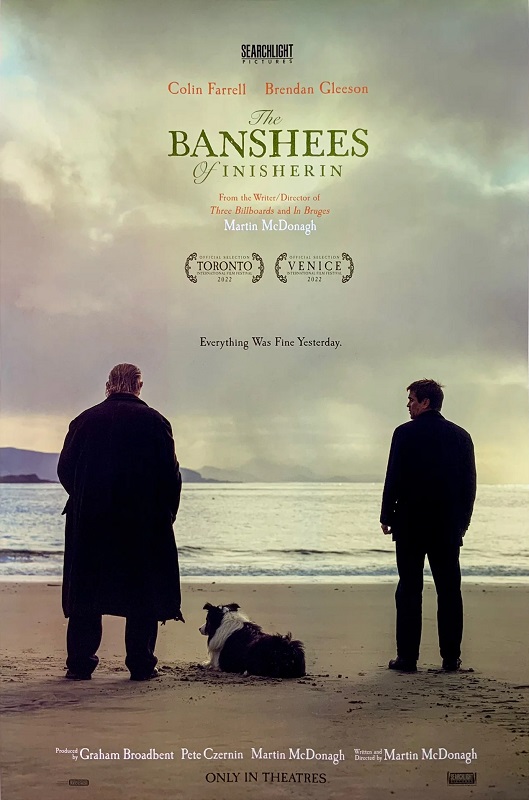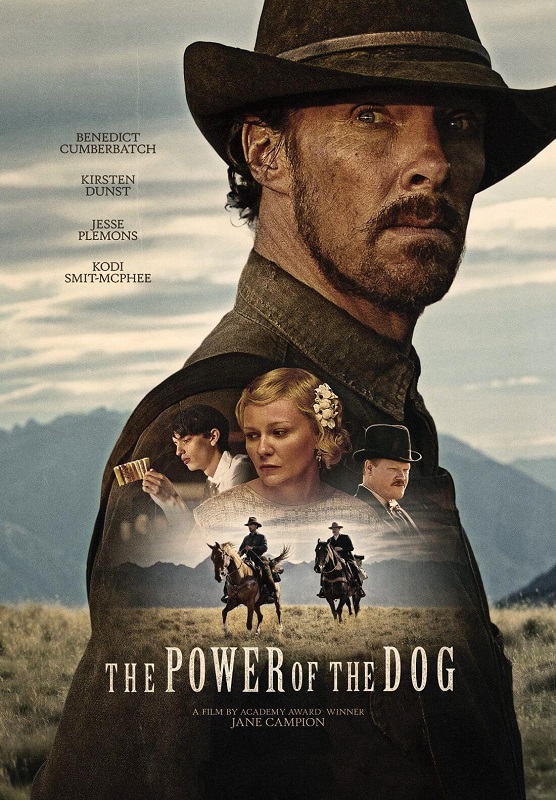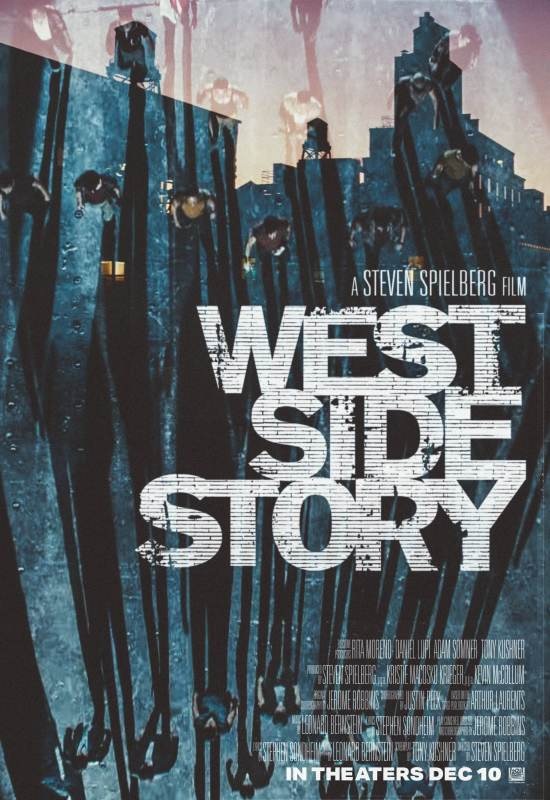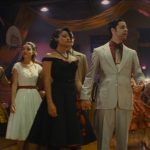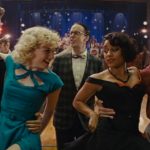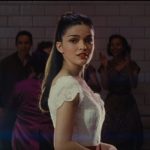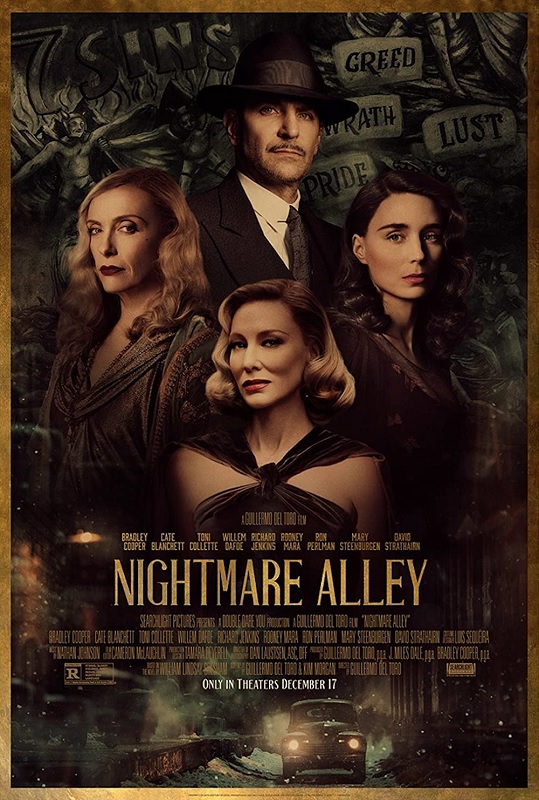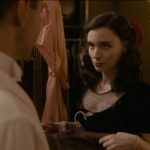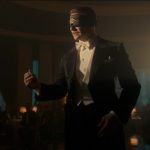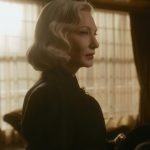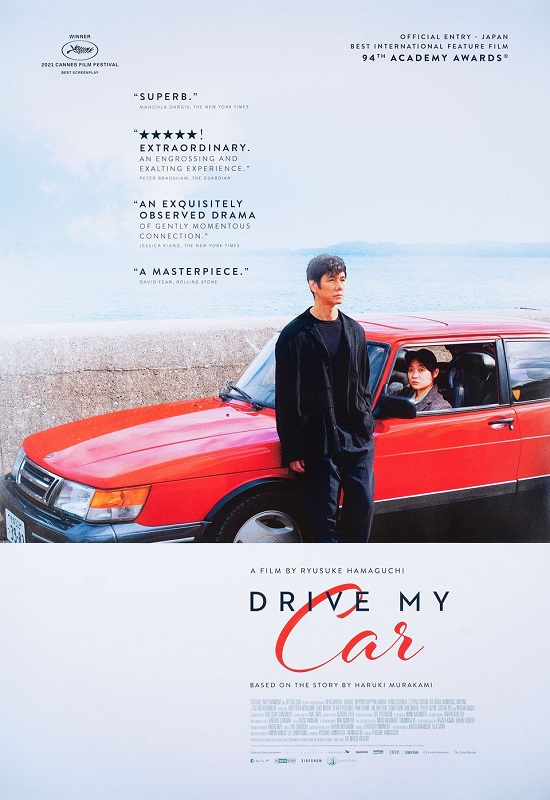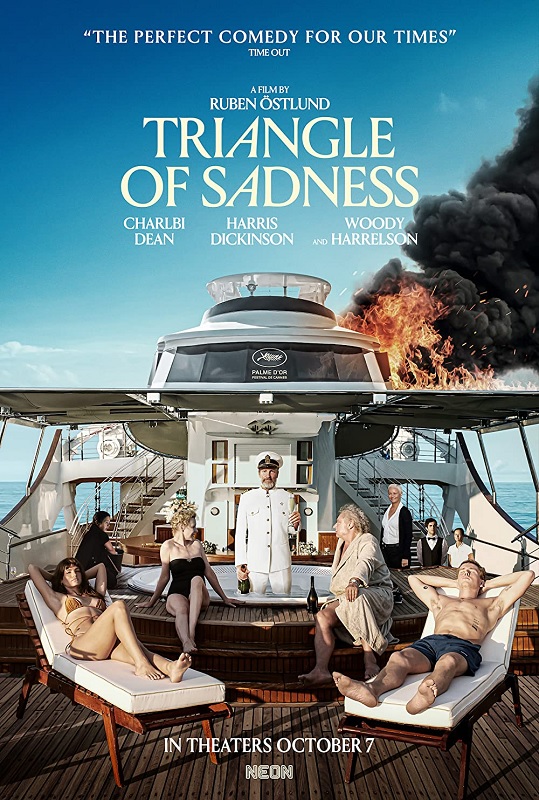

2022 – Triangle of Sadness
The triangle of Sadness refers to the space between your eyebrows that wrinkles when one is unhappy. It is considered unattractive, and this movie is all about beauty. It is about those who are beautiful, and who use their beauty as currency. It is about the super-rich, and their callous, self-centered inability to care for themselves in any meaningful way. It is about the differences between those upper-class people, and the often unnoticed and neglected lower-class people who work for them. This movie examines that small, elite group of people, and portrays them in a light that isn’t always very kind. Mind you, it also pokes some fun at the lower-class a little, too.
It is a part of our global culture, where a person’s career, their means of making a living, is being an influencer, someone who by virtue of being attractive, posts pictures of themselves online, and receives money and free gifts from companies who want them to use their products. It is a culture I know next to nothing about, but apparently it is a thing. Honestly, this movie reminded me of another movie that came out within the last year called The Menu, which I actually enjoyed more.
But that’s not to say I didn’t enjoy this film. Wikipedia lists Triangle of Sadness as a satirical black comedy, which, finally, I think applies to the film rather well. It satirizes the wealthy and the beautiful, and it makes fun of them in a way that actually had some real humor. I think that I don’t get most movies that are categorized as black comedies. Maybe I’m too fixated on the word comedy. If something isn’t funny enough to make me laugh, how can it be a comedy? In most movies of this genre, we are supposed to laugh at things that aren’t really funny because of their ridiculousness. But I don’t usually find those things funny. I find them sad and disturbing, but not humorous, probably because they resemble reality a little too closely.
But this movie actually had me laughing a few times. The story starts out following the relationship between Carl and Yaya, played by Harris Dickinson and Charlbi Dean. They are both models. He loves her, but she only likes him. She is only with him because it makes her look good to be with an attractive man. They get a free trip on an exclusive cruise, where things start off swimmingly. But everything starts to go horribly wrong when one of the other guests, Vera, played by Sunnyl Melles, bored with her life and her inattentive husband, Dimitry, played by Zlatko Buric, forces one of the serving staff to join her in the hot-tub, and demands that all the working-class staff, including the kitchen staff, go swimming. This starts off a little chain of events that has unexpected results.
The food at the Captain’s dinner is not prepared properly, and everyone has a vomiting party. The Captain, played by Woody Harrelson, is a drunkard who delays the traditional dinner until a violent storm comes upon the boat. After a night of sickness and being tossed around like rag-dolls, both the crew and the guests are weak and shaky. Then a group of pirates attack the yacht and sink it. The survivors are washed up on the shore of a nearby island. Only three crew-members are there. There is Paula, the head concierge, played by Vicki Berlin, Abigail, one of the cleaning staff, played by Dolly de Leon, and Nelson, played by Jean-Christophe Folly, who worked in the engine room.
Abigail quickly takes a tyrannical hold over the entire group since she is the only one who can start a fire or catch fish for food. She uses these things to force everyone to serve her and treat her as a leader. She also coerces Carl into becoming her lover in exchange for food. The film ends with Abigail and Yaya discovering that the island they are on is actually the rear of an exclusive luxury resort. But rather than allowing the end of her little kingdom, Abigail decides to murder Yaya. She almost abandons this endeavor until Yaya says that when they are off the island, she will help Abigail by allowing her to work as her assistant.
But the movie did have its funny moments. Seeing the rich people throwing up at the Captain’s dinner was pretty amusing, though even that scenario has been done before, and in a much funnier way, in the hilarious 1999 film, Drop Dead Gorgeous. And during the storm, while Vera is being tossed about her bathroom, sliding back and forth in her own vomit, Dimitry and the Captain get extremely drunk and have a lively debate over the ship’s loud-speaker about the differences between Communism and Capitalism. And then there was the characters of Clementine and Winston, played by Amanda Walker and Oliver Ford Davies, who amassed their fortune making hand-grenades, and are killed when the pirates toss a hand-grenade onto the yacht. And lest I forget, the character of Jarmo, who I liked, played by Henrik Dorsin, a wealthy, kind-hearted man who is terribly lonely. The way he cried after killing the wild donkey for food, was sad and a little endearing.
It was a strange movie, and I understand the keen social commentary. But was it enough in my book to warrant a Best Picture nomination? Honestly, no, I don’t think so. The film was enjoyable, but I didn’t find it especially gripping or powerful. It was good, there’s no denying that. But I wouldn’t call it great. I don’t mind that it was nominated for Best Picture, I suppose, but I’m glad it didn’t win.









